How Jazz Got Started

Though many associate the birth of jazz music with the city of
New Orleans, its origin may be a bit more ambiguous. Like many
other musical forms, jazz evolved over a period of years. Many
believe its evolution took place over decades. It’s widely
agreed, however, that jazz music as we know it today was born in
the southern United States. It is also accepted that it developed
from a variety of different influences, culminating in a style
that became its own genre.
Jazz’s major influence probably came from African slaves brought
to the United States in the 1800s. In fact, African music
influenced many styles of music, including rock and roll. The
form that evolved into jazz consisted specifically of call-and-
response singing, syncopation and improvisation. Ragtime, which
may be considered a precursor to modern jazz, drew upon many of
these elements.
Ragtime music originated after the emancipation of African
slaves. The newfound freedom of slaves was bittersweet. Though
freedom was deserved and appreciated, there were few job
opportunities for freed slaves. Many had no means of self-
support, and some simply stayed on with their former owners.
Others supported themselves through musical performance. Often,
this meant performing in dubious locations, like brothels and
minstrel shows.
It was these types of venues that gave rise to ragtime, which
enjoyed a brief period of popularity in the late 19th and early
20th century. Talented ragtime musicians like Scott Joplin were
generally recognized much later for their contributions to modern
jazz.
Though ragtime only graced the music scene for a few years, it
influenced what would become referred to in 1915 as jazz music.
While the actual origin of the term is uncertain, the name stuck.
Cities like New Orleans have since become synonymous with jazz.
This is not necessarily because it originated there, but because
its musicians have added a distinct flavor to jazz music.
Dixieland jazz bands still largely dominate the musical culture
of New Orleans. Thanks to modern artists like Louis Armstrong,
Winton Marsalis and Miles Davis, Dixieland-style jazz continues
to enjoy mainstream popularity.
Once jazz music became labeled as such, more variations
developed. Swing was one of those, which saw its height in the
1930s. Swing greats like Count Basie, Benny Goodman and Glenn
Miller are still covered by today’s musicians. Although swing
isn’t the genre it once was, it still has a big following today.
Because of its early association with brothels and speakeasies,
jazz music had a stigma to overcome in its early years of
development. Eventually, jazz became an accepted art form. Today
jazz is embraced and taught as its own branch of music.
Jazz music is most distinguished from other musical forms for its
reliance upon improvisation. The best jazz musicians have gained
notoriety for their ability to play without the aid of written
music.
They are able to make up music on the spot and off-the-cuff. It’s
entirely possible for a song to be different every time it’s
performed. This may be one reason that jazz fans believe that the
most talented of the world’s musicians are not classical
musicians, but purveyors of jazz.


